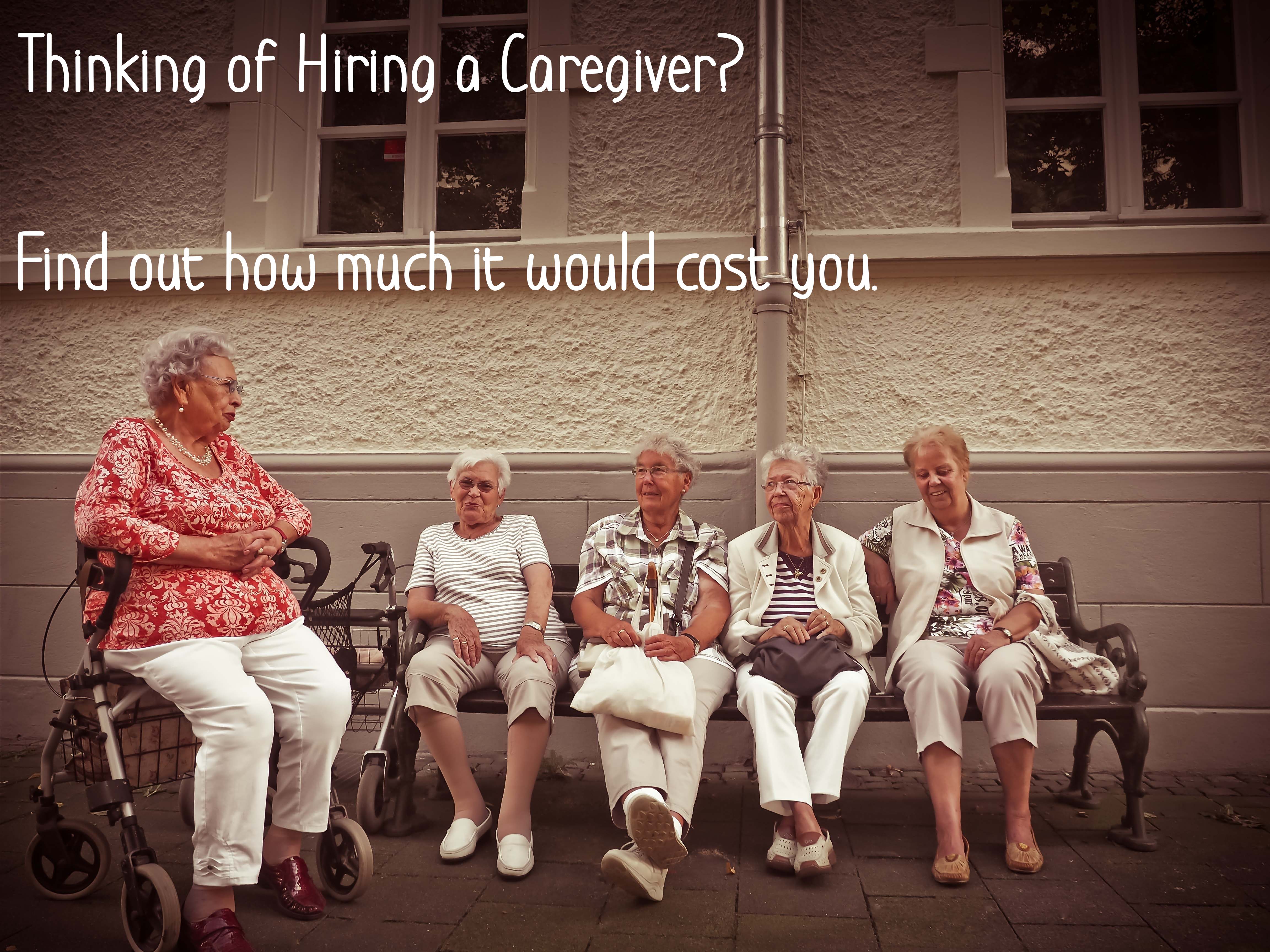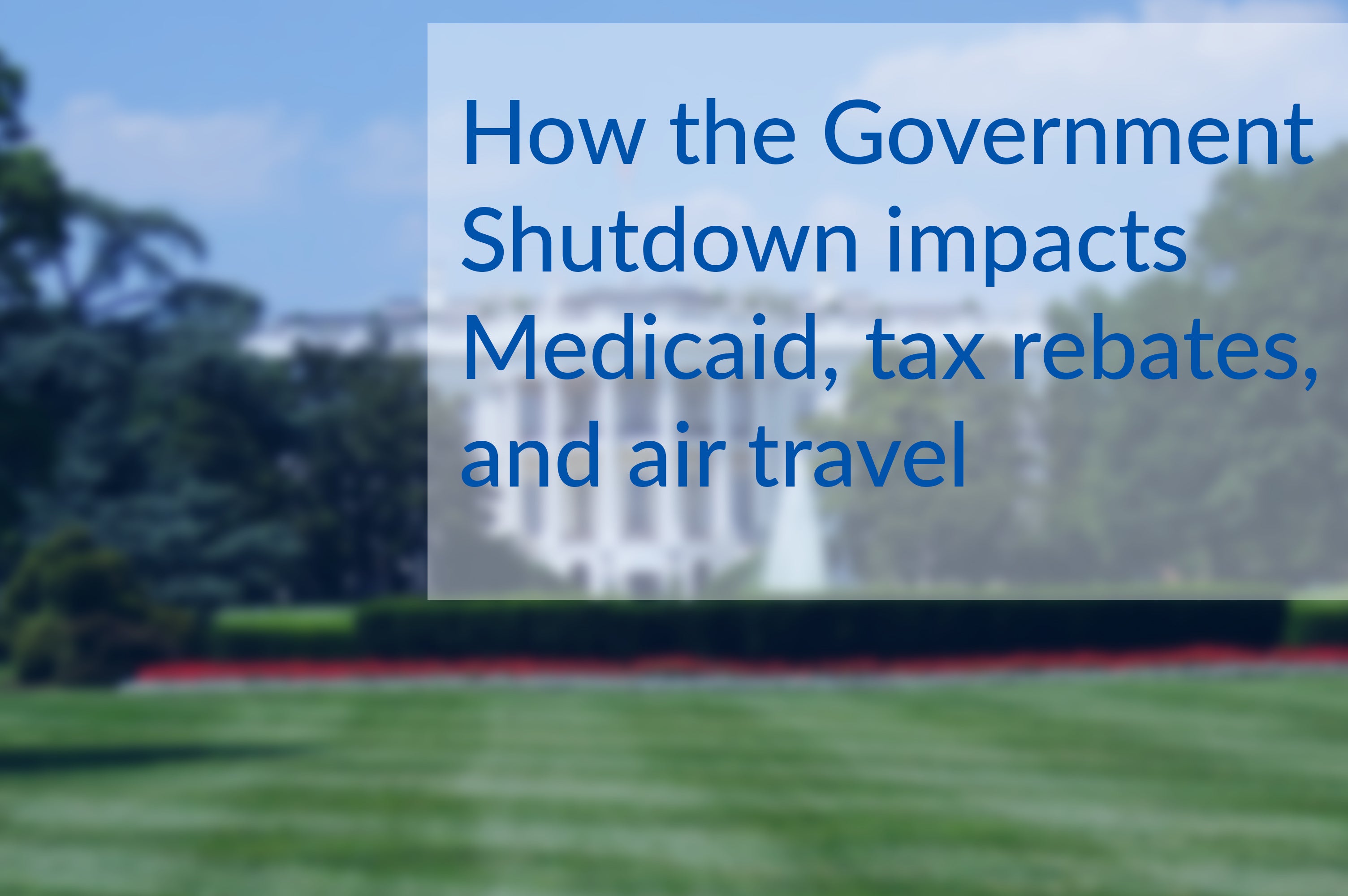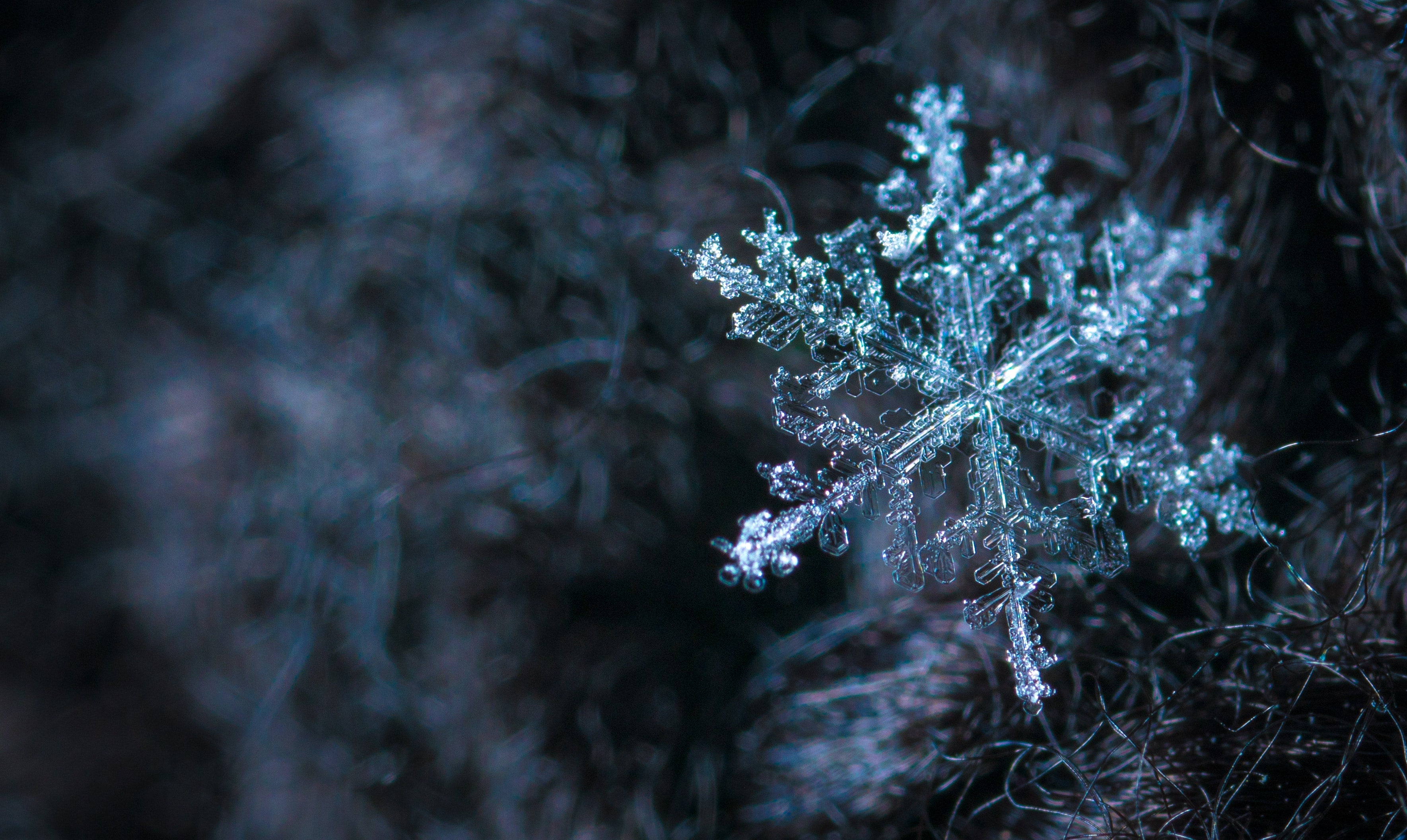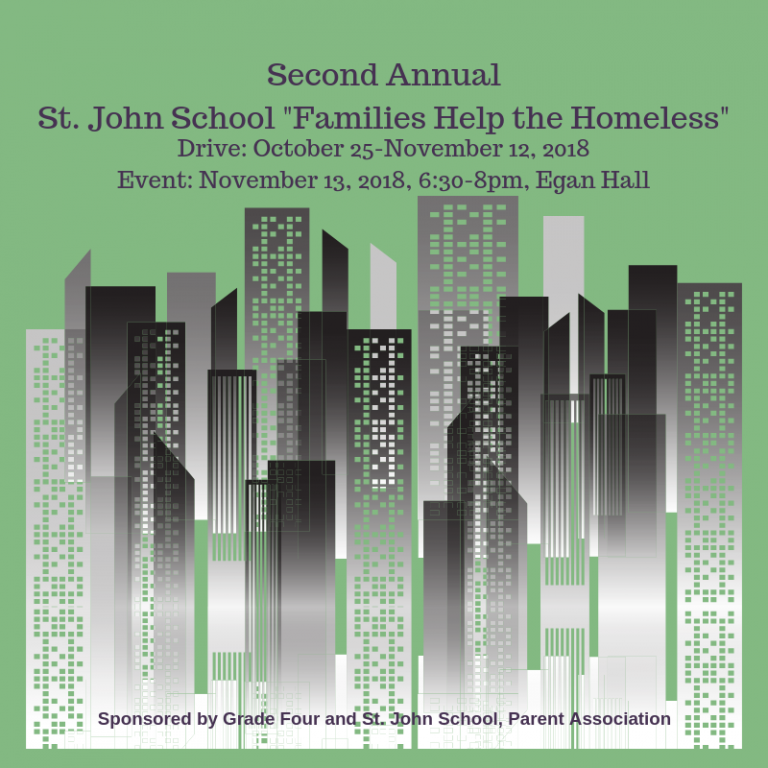Medical Myths From Mom and The Dr.
 Mom was right about lots of things: eating your vegetables, washing your hands and never running with scissors.
Mom was right about lots of things: eating your vegetables, washing your hands and never running with scissors.
But some of her other medical advice — such as waiting an hour after eating before swimming — just doesn’t hold water, according to the authors of two new books about health myths.
But mothers shouldn’t get all the blame for dubious medical advice. Doctors dispense plenty of it, too, says Andrew Adesman, a pediatrician at New York’s Schneider Children’s Hospital and author of Babyfacts: The Truth About Your Child’s Health From Newborn Through Preschool (Wiley, $15.95).
The problem is that many important medical questions have never been answered, at least not with rigorous clinical trials. When in doubt, doctors often fall back on what their own mentors taught them, without questioning the evidence on which their advice is based, say Indiana University School of Medicine pediatricians Aaron Carroll and Rachel Vreeman.
“It’s amazing how often doctors will speak with a lot of authority when there’s no evidence that they’re right and, unfortunately, even when there’s some evidence to show that they’re wrong,” says Carroll, co-author with Vreeman of Don’t Swallow Your Gum! Myths, Half-Truths and Outright Lies About Your Body and Health (St. Martin’s Griffin, $13.95). “A frighteningly large amount of what we do is just our best guess.”
Carroll and Vreeman say patients should feel free to ask their doctors about the sources of their data. In their book, they go over some of the basic types of medical studies, noting which are the strongest.
So what can patients believe? Not these medical wives’ tales:
Sugar makes kids hyper. Parents insist this one is true, even though 12 studies have shown no effect between children’s behavior and the sugar in their foods.
You can prevent colds with vitamin C, echinacea or zinc. All colds eventually go away on their own after a few days, so people can be tempted to credit their recovery to something they did to find relief. But 16 studies show that echinacea is no better than a sugar pill. Thirty studies including a total of 11,000 people found vitamin C had no effect. Three of four well-done studies of zinc found no effect. But using zinc nasal gel can destroy the sense of smell for years.
Adding cereal to a baby’s diet will help him sleep longer. Parents and pediatricians alike are perpetuating that myth, perhaps because sleep-deprived parents are willing to believe anything that might help them and their infants get more sleep. But studies dating to 1974 show that babies who are fed cereal get no more sleep than other babies.
Iron in baby formula causes constipation. Studies actually have found no difference in baby’s bowel movements, whether infants received iron-fortified food or not. But babies who get iron-fortified formula are less likely to be anemic.
Teething causes a fever. Studies show that teething babies are no more likely to run a fever than others.
Going out in cold or wet weather makes you sick. Colds and flus are seasonal and tend to strike during the winter. But even when scientists put cold viruses directly into people’s noses, people who were chilled were no more likely to become ill than those who were warm and comfortable.
Click here to keep reading more medical myths.
Source: http://www.AARP.org
- Tags: Uncategorized
- Professional Medical














Comments 0